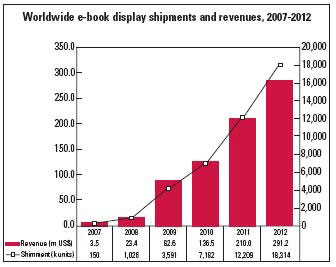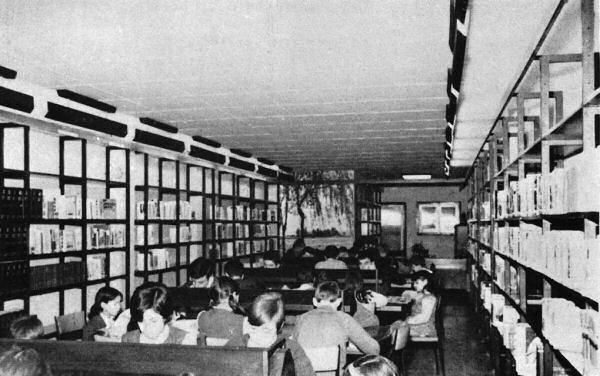Documentos de política de desarrollo de la colección en la Red de Bibliotecas Municipales de Barcelona
La Gerencia de Servicios de Bibliotecas (GSB) de la Diputación de Barcelona ha llevado a cabo una serie de acciones con el objetivo de favorecer la creación de políticas municipales de colección en todas las poblaciones que disponen de servicio de lectura pública. Estas acciones han sido básicamente tres: actualización de la política de colección propia de la GSB, elaboración de unas pautas para redactar las políticas municipales de desarrollo de la colección y programación de una actividad formativa de 12 horas para todas las bibliotecas de la Red de Bibliotecas Municipales (XBM). En este artículo se describen las pautas elaboradas para redactar el documento de política de desarrollo de las colecciones de las bibliotecas de la XBM y se pone de relieve la importancia que tiene para una biblioteca pública disponer de este documento. Las pautas, que de manera genérica pueden ser útiles para cualquier biblioteca pública, se han elaborado a partir de los criterios establecidos en la misma política de desarrollo de la colección de la Gerencia. Para su redacción se han tenido en cuenta recomendaciones, estándares y normativas tanto nacionales como internacionales.


